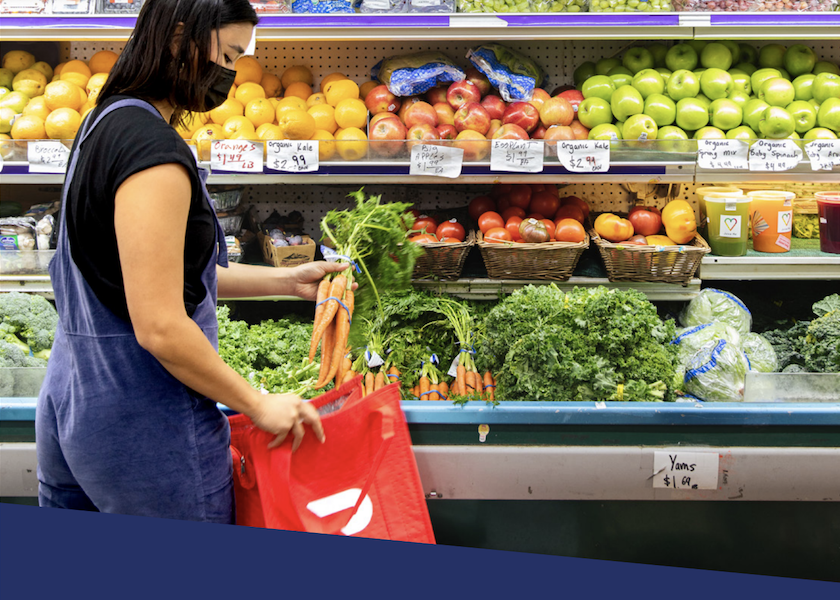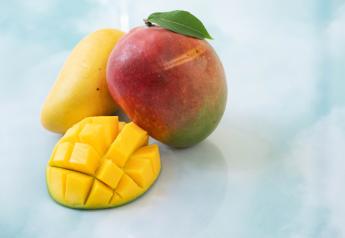Simplifying the sustainable packaging message

Consumer confusion abounds when it comes to what can and can’t be recycled, industrial versus home composting and the end-of-life reality for different types of packaging.
The retailer’s role in educating and encouraging consumers to reduce waste was among the topics addressed at The Packer’s recent Sustainable Produce Summit in Palm Desert, Calif., June 2. In a session titled, “Sustainable Packaging: Beyond the Box,” panelist Stephanie Morris, sustainability coordinator for Jimbo’s, a Southern California-based natural grocer with four stores, said she has seen the confusion firsthand.
As a natural grocer committed to reducing food and packaging waste, (it introduced a plastic-free water aisle at its flagship store in 2019), Jimbo’s works to “demystify the recycling conundrum” for its shoppers, said Morris.
“For our consumers and as a consumer, it's been helpful for me to think about the how something is recycled. There are all these different types of plastics. There are different types of certification for compostability now, so understanding and kind of shedding light on the imperfect system that is recycling and industrial and home composting is helpful,” she said.
At present, sustainable packaging has a higher cost associated with it than traditional packaging. It’s important that consumers understand the backstory on sustainable packaging, as once they know why it costs more, they may be more inclined to purchase.
Another challenge is lack of national legislation for recycling and composting. Informing consumers about what happens to waste when it leaves the store and their kitchens in their hometown is an important piece of the puzzle.
As The Packer’s 2022 Sustainability Insights survey of growers, consumers and retailers suggests, everyone along the supply chain to the end user has a role to play in reducing waste.
“To figure out how this linear system can become more circular … it takes retailers, suppliers, farmers, customers and everyone in between,” Morris said. As sustainability coordinator for Jimbo’s, she sees talking with all the players involved as a step in the right direction.
“At Jimbo’s, we have vendor packaging standards, and the goal there is not to demand compostable or any specific need — the real purpose of it is just to start that conversation,” she said.
When asked if consumers are more concerned with upstream sustainable packaging (everything that went into making the product) or downstream sustainable packaging (everything that happens to the package after use), Morris replied, “Amazing question. I think it depends on the consumer.
“Our consumers are looking for organic. They're very familiar with reading labels already, so they aren't too far off from questioning the kinds of packaging that we're looking at,” Morris continued. “I imagine that with most consumers … the downstream is much more top of mind. But again, it’s about a conversation. It's important to educate them about lifecycle because obviously there are questions about it and there are companies that care about their lifecycles.”







